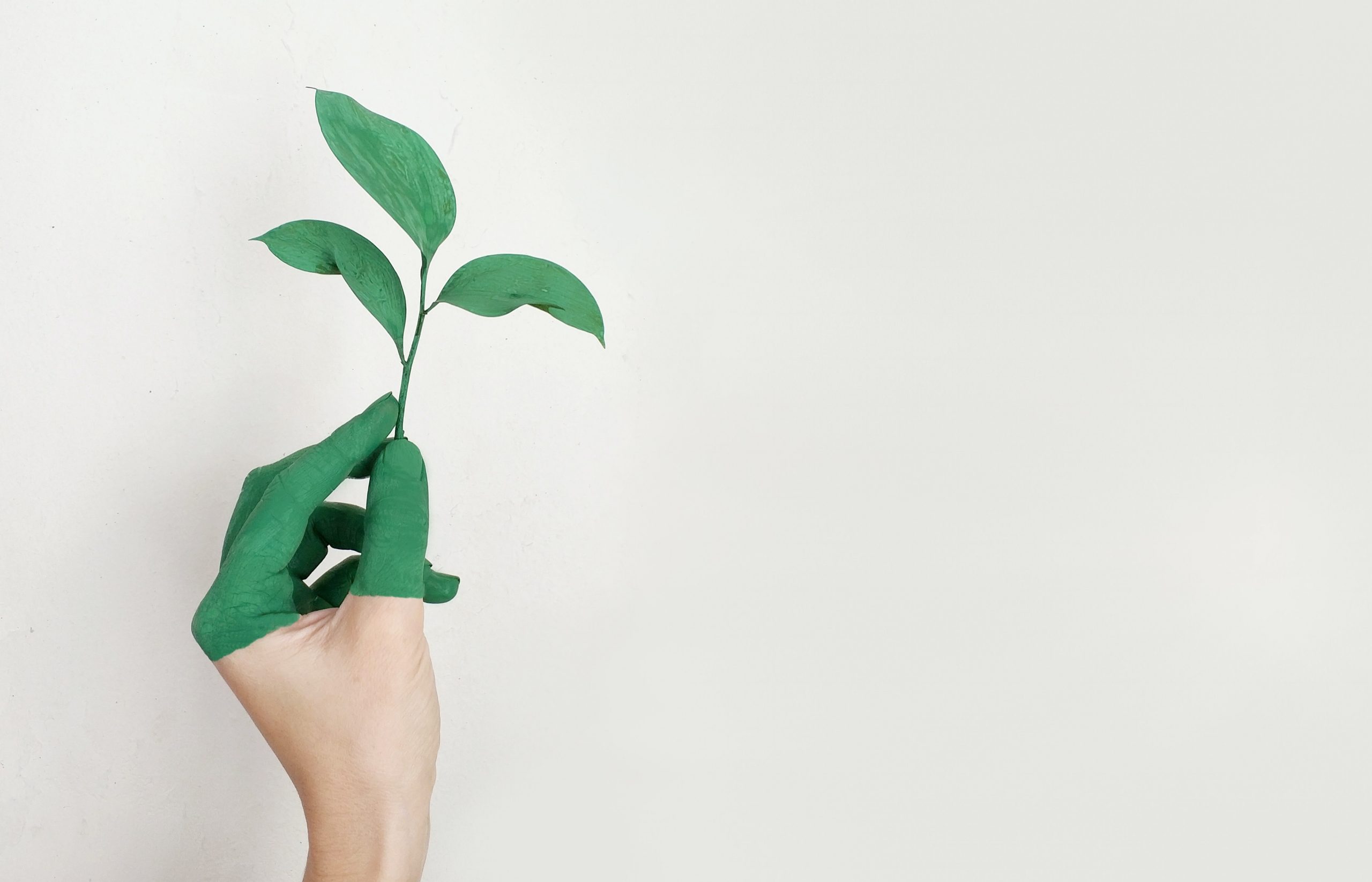Why the beverage industry continues to experience sustained growth and the key industry trends
The beverage industry, particularly the alcoholic beverages market, is maintaining steady growth, fueled by a range of factors influencing consumer preferences and emerging trends. In this context, I am pleased to examine why the beverage industry continues to thrive, taking into consideration some of the trends shaping the sector. The market for alcoholic beverages is astonishing in its magnitude. According to Statista data, revenues in the alcoholic beverages market reached an impressive figure of $1,609.00 billion in 2023, and it is projected to experience annual growth of 5.42% until 2027. An interesting highlight from the report is that the largest market segment is that of beer, representing a market volume of $610.00 billion in 2023. Consumer preferences play a pivotal role in this growth. According to data presented in the report, the demand for unique and premium alcoholic beverages is consistently rising globally, with consumers willing to invest more in high-quality products that offer distinctive flavors and experiences. This has led to an increase in the demand for craft beers and artisanal spirits, as well as limited-production wines, demonstrating that consumer palates' sophistication has also boosted the popularity of premium alcoholic beverages. According to the Distilled Spirits Council of the United States, in
Plastic Reduction: companies leading the way towards plastic usage reduction
It is no secret that the issue of plastic has become one of the most pressing challenges for our planet today. The massive production and indiscriminate use of plastics have had a devastating impact on our ecosystems, threatening marine life, contaminating water, and affecting our health. However, amidst this concerning reality, there is a ray of hope. In the face of this challenge, many companies have decided to take bold measures to reduce their dependence on plastic and find sustainable alternatives to maintain their business success. Let's take a look at some of these pioneering companies and the solutions they are implementing to address this crisis. Patagonia: Towards a Circular Economy The renowned outdoor clothing brand, Patagonia, has long been a benchmark for sustainability and environmental responsibility. Founded in 1973 by Yvon Chouinard, their focus on a circular economy has been a cornerstone of their strategy to reduce plastic usage. They have implemented a clothing recycling program where customers can return used garments for reuse or recycling into new products. Additionally, the company has significantly reduced plastic packaging for their products and opted for recycled and biodegradable materials whenever possible. Undoubtedly, Patagonia's initiative not only promotes a significant reduction of plastic in their supply


